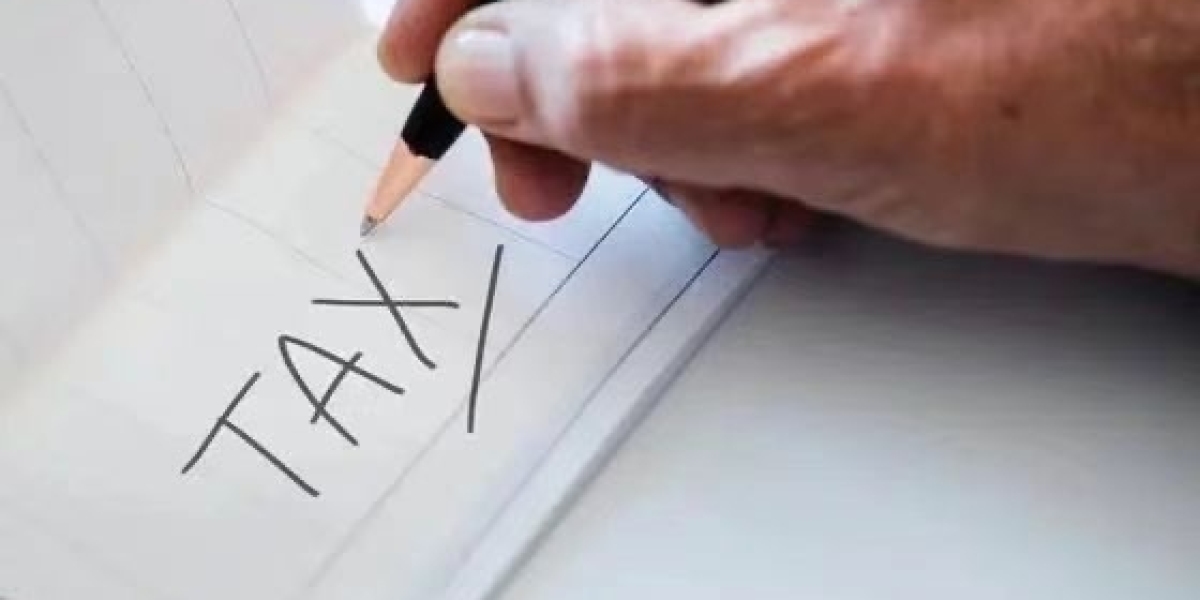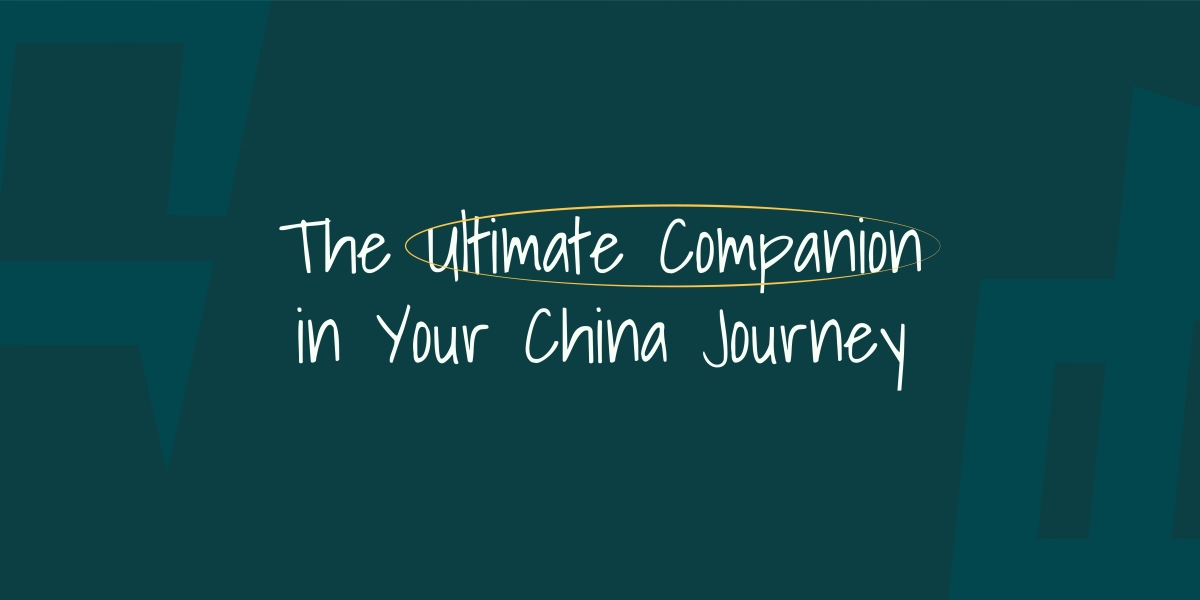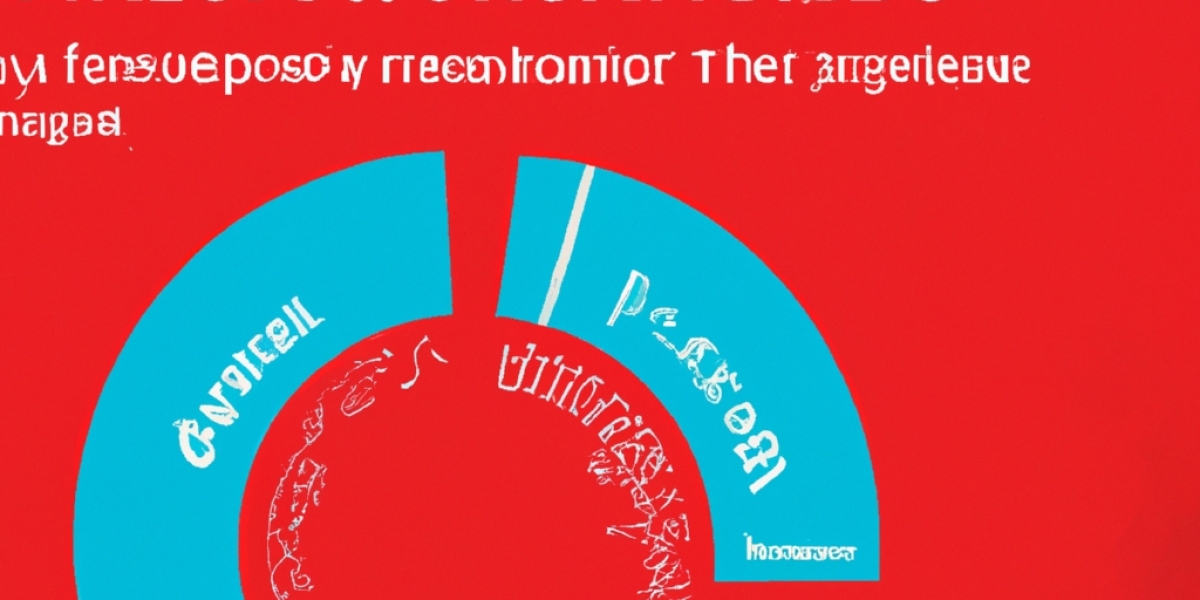According to the "Individual Income Tax Law of the People's Republic of China" and its relevant regulations, the specific circumstances of taxation for foreigners are as follows:
Resident Taxpayers:
Individuals who have a domicile in China or who do not have a domicile but reside in China for a total of 183 days within a tax year are considered resident individuals. Resident taxpayers are required to pay personal income tax on income derived from both within and outside China.
Non-Resident Taxpayers:
Individuals who do not have a domicile in China, do not reside in China, or who do not reside in China for a total of 183 days within a tax year are considered non-resident individuals. Non-resident taxpayers are only required to pay personal income tax on income derived from within China.
For foreign employees in different situations within a tax year (calendar year), the tax regulations are as follows:
1.Those who are considered Chinese residents for tax purposes: taxed on global income;
2.Those who are not considered Chinese residents for tax purposes: taxed only on income derived from within China, with income from outside China exempt from tax.
When calculating personal income tax, the tax exemption threshold is RMB 5,000, meaning that the portion of monthly income not exceeding RMB 5,000 is not taxed. The calculation formula for personal income tax for foreign personnel is: Personal Income Tax Payable = (Monthly Income - RMB 5,000 (threshold) - Special Deductions (social insurance and housing fund, etc.) - Special Additional Deductions - Other Deductions) × Applicable Tax Rate - Quick Deduction Number.
In addition, there are some special regulations:
1.Personnel sent to China by aid-granting countries to provide free assistance for construction projects in China can be exempt from personal income tax on their wages and living allowances, regardless of whether they are paid by China or a foreign country;
2.Foreign cultural and educational experts working in China, who receive wages and salaries from China and enjoy free "three packages" (housing, car use, and medical care), can be taxed only on their wages and salaries according to the tax law, with the housing, car use, and medical care provided for free by China exempt from taxation;
3. Wages and salaries earned by foreign personnel working in China, whether paid by China, a foreign country, or jointly by both, are considered income derived from China. Except for the tax exemption preferences mentioned in point 1, all other income should be taxed according to regulations. However, for those who reside in China for no more than 90 consecutive days, only the portion of wages and salaries paid by China is subject to tax, and the portion paid by a foreign country is exempt from tax;
4. Living allowances and scholarships received by foreign students in China are not considered wages or salaries and are not subject to personal income tax;
5. Foreign personnel working in China, who receive a lump sum from their foreign employer that includes personal wages, public expenses (postage, office expenses, advertising fees, necessary social expenses for business), and living allowances (housing, travel expenses), can be taxed only on the portion of wages and salaries if they can be clearly identified;
6. If one is a tax resident of two countries, China has signed bilateral tax treaties or arrangements with more than 110 countries and regions, which can help avoid double taxation to some extent;
7.The following situations require self-filing of tax returns: If the withholding agent fails to withhold and pay the tax, the taxpayer should file a tax return with the competent tax authority where the withholding agent is located before June 30 of the following year; non-resident individuals should file a tax return before leaving China on or before June 30 of the following year (temporary departures excepted). If one has income from wages and salaries from more than two sources in China, tax returns should be filed within 15 days of the following month after receiving the income;
8. Since January 1, 2022, foreigners are no longer entitled to tax exemptions for housing subsidies, language training fees, and children's education subsidies, and should enjoy special additional deductions as stipulated.
If foreigners violate the "Individual Income Tax Law" by failing to pay personal income tax, the relevant authorities will pursue their legal responsibilities according to the "Tax Collection and Administration Law" and relevant laws and regulations. Foreigners who provide false information and have serious circumstances will be included in the credit information system and subject to joint credit penalties.
Specific tax policies and operations may vary depending on individual circumstances, tax treaties, and other factors. It is recommended that foreigners working in China consult with their employers or local tax authorities for detailed information on relevant regulations to ensure they fulfill their tax obligations correctly.








